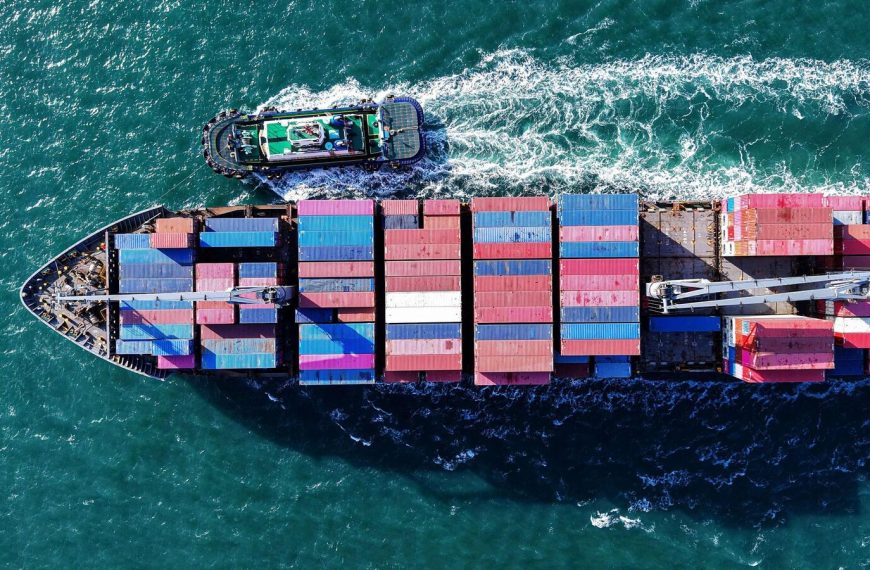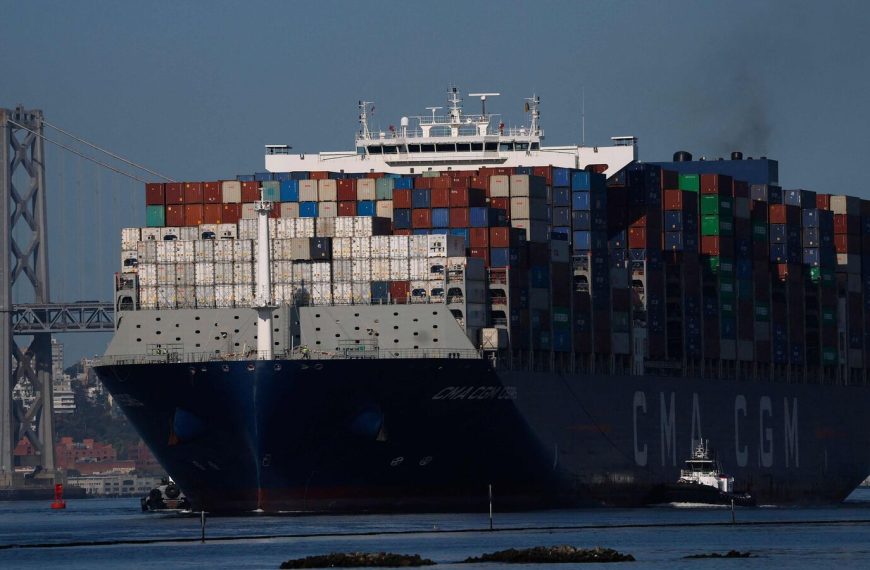The recent announcement of reciprocal tariffs by the United States has sparked serious concerns from IMF Chief Kristalina Georgieva. On April 2, she emphasized that these tariffs pose a significant threat to the global economic landscape. Georgieva called for collaboration between the U.S. and its trading partners to mitigate rising trade tensions, highlighting the urgency of maintaining economic stability amid sluggish growth.
Concerns About Global Economic Stability
The International Monetary Fund (IMF), an organization dedicated to fostering monetary cooperation among its 91 member nations, has voiced its apprehensions following U.S. President Donald Trump’s tariff policy. These tariffs have raised alarms about potential trade wars and inflationary pressures.
- Georgieva’s Warnings: She stated that the tariffs "clearly represent a significant risk to the global outlook at a time of sluggish growth."
- Call to Action: "It’s vital to avoid actions that could further harm the world economy," she urged, appealing for constructive dialogue to ease uncertainties.
IMF’s Growth Projections
In its January report, the IMF projected a global growth rate of 3.3% for the year, a dip from the historical average of 3.7% since the early 2000s. This reduction reflects the ongoing economic challenges exacerbated by trade disputes.
- Upcoming Report: Later this month, the IMF is set to release its World Economic Outlook during the Spring Meetings in Washington, which will analyze the ramifications of the newly imposed tariffs.
Trump’s Tariff Policy Overview
President Trump’s recent tariff strategy involves imposing at least a 10% duty on nearly all imports into the United States. This initiative aims to rectify perceived trade imbalances and bolster domestic industries.
- Specifics of the Tariffs:
- A 10% tariff applies to goods from most nations, excluding those aligned with the US-Mexico-Canada Agreement (USMCA).
- Non-compliant countries will face a 25% tariff on their goods.
- Approximately 60 countries that maintain significant trade surpluses with the U.S. are affected by these reciprocal tariffs.
As the global economy navigates these turbulent waters, the implications of the U.S. tariff policy will undoubtedly be scrutinized closely. The upcoming IMF report could provide crucial insights into the broader consequences for economic growth and international trade relations.










